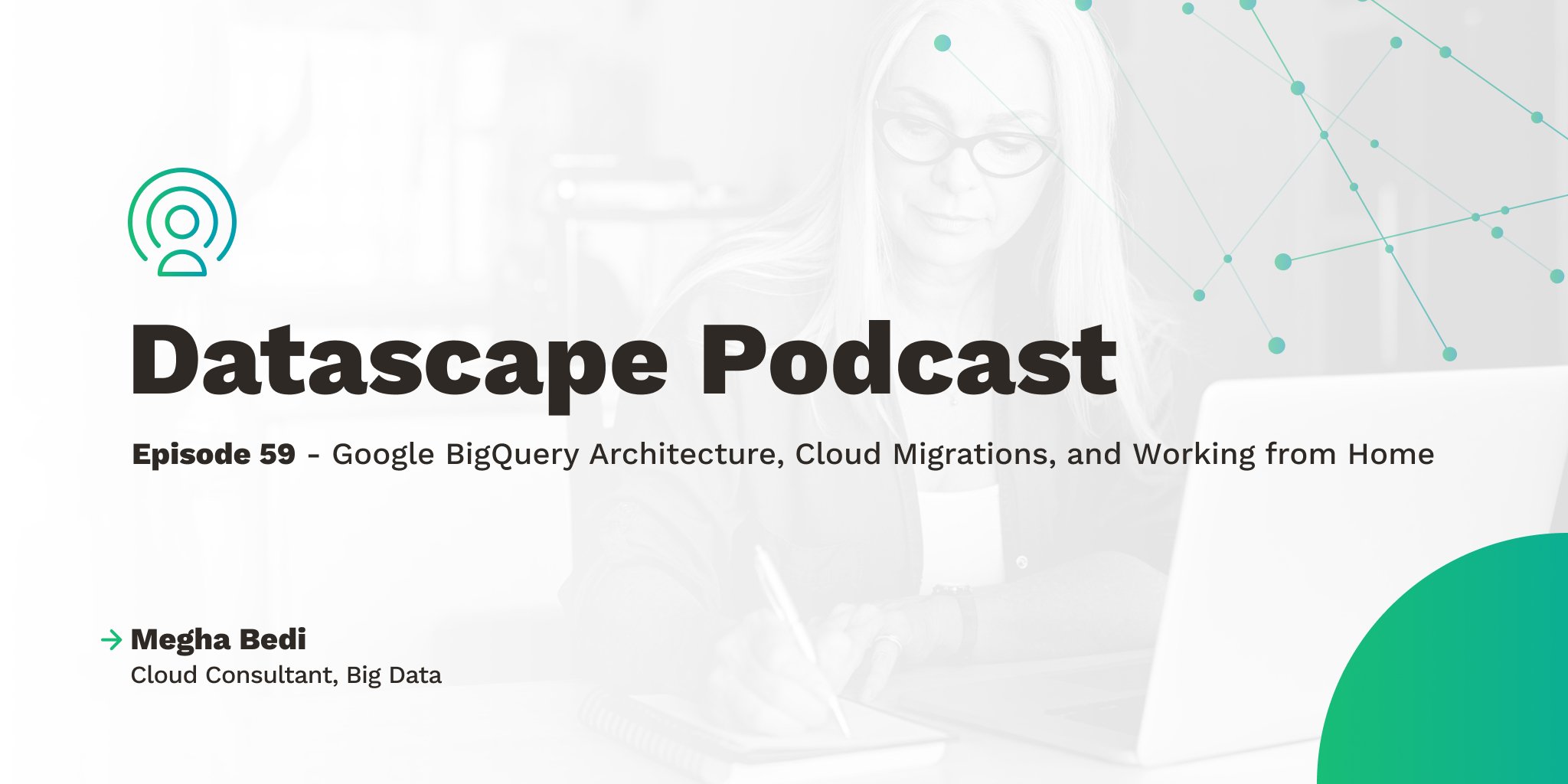Migrating Oracle Workloads to Google Cloud - PostgreSQL on Cloud SQL or GCE
- Bare Metal Solution (BMS)
- PostgreSQL
- On Cloud SQL
- On GCE (Google Compute Engine)
- Cloud Spanner
PostgreSQL on Cloud SQL
If you’re looking to reduce licensing and maintenance costs while keeping your core application code, you should consider Cloud SQL for PostgreSQL. This fully managed relational database service enables you to set up, maintain, manage and administer PostgreSQL relational databases on Google Cloud. Because Cloud SQL for PostgreSQL provides out-of-the-box high availability, replication, encryption and automatic storage increases, establishing a managed PostgreSQL database could be an appealing solution for organizations looking to deploy their PostgreSQL workloads after migrating from Oracle. Important steps and considerations in a successful Oracle database migration to Cloud SQL for PostgreSQL include:- Assessment and discovery – feature usage detection, database configuration.
- Success criteria – data validation, performance and application tests.
- Environment setup – schema conversion, deployment to target.
- Data migration – one-time load, real-time, change data capture.
- Migration validation – application QA (quality assurance), database query validation and performance.
- Rollback strategy
- Consolidate vendor support by shifting to Google who can also manage the entire underlying stack.
- Reduce TCO of database deployments.
- Adopt open-source and cloud native database technologies.
- Modernize database architecture.
- Schema conversion.
- Real-time data migration through change data capture (CDC).
- Eliminating vendor lock-in caused by proprietary features.
- Application support.
PostgreSQL on GCE
In certain situations, PostgreSQL on GCE may be a better choice than PostgreSQL on Cloud SQL. For organizations where high availability and seamless upgrades are business-critical necessities, PostgreSQL on GCE could be the way to go. As with all such options and decisions, Pythian experts are available to assess your particular situation and offer the advice and recommendations tailored for your business needs. Because our certified service professionals have decades of experience working with Oracle, Google Cloud, PostgreSQL and all related technologies, we can help you confirm the direction that’s best for you. We can then apply our expertise to help engineer the optimal solution for your business; mitigating the risks of migration while maximizing throughput. Our proven approach to migration lets you transform your Oracle workloads with complete confidence. Ready to start a conversation? Email us at googlecloud@pythian.com for more information. Don’t miss our posts which look more in-depth at BMS and Cloud Spanner. To review the information about all your Google Cloud migration options in one handy document, please download our “Migrating Oracle Workloads to Google Cloud” white paper.On this page
Share this
Share this
More resources
Learn more about Pythian by reading the following blogs and articles.
Migrating Oracle Workloads to Google Cloud - BMS
![]()
Migrating Oracle Workloads to Google Cloud - BMS
Dec 9, 2020 12:00:00 AM
2
min read
Datascape Episode 59: Google BigQuery Architecture, Cloud Migrations, and Working from Home with Megha Bedi


Datascape Episode 59: Google BigQuery Architecture, Cloud Migrations, and Working from Home with Megha Bedi
Jun 21, 2022 12:00:00 AM
1
min read
3 Reasons to Attend our FREE Oracle into Google Cloud Workshop


3 Reasons to Attend our FREE Oracle into Google Cloud Workshop
Nov 1, 2023 4:21:46 PM
2
min read
Ready to unlock value from your data?
With Pythian, you can accomplish your data transformation goals and more.
